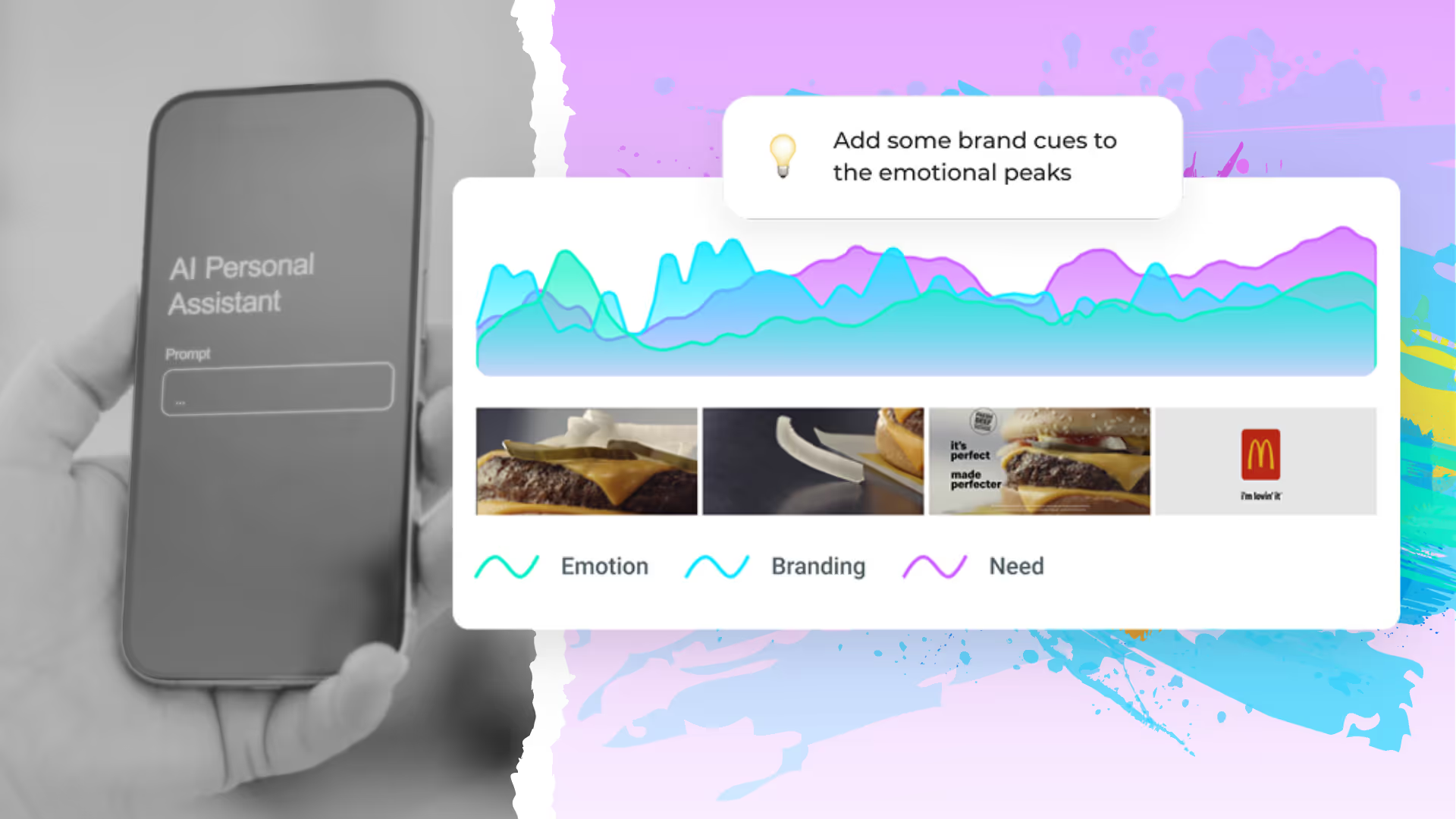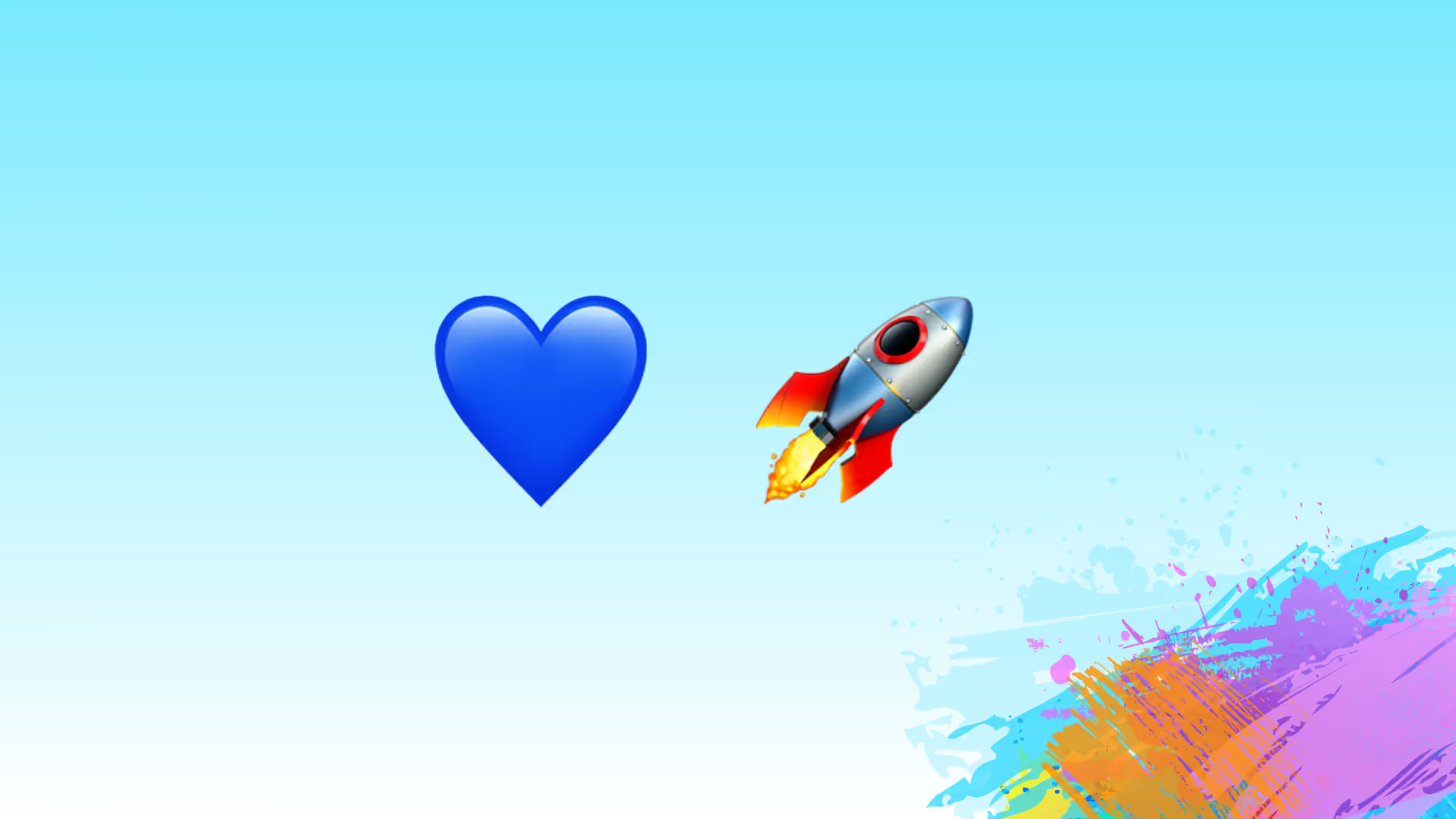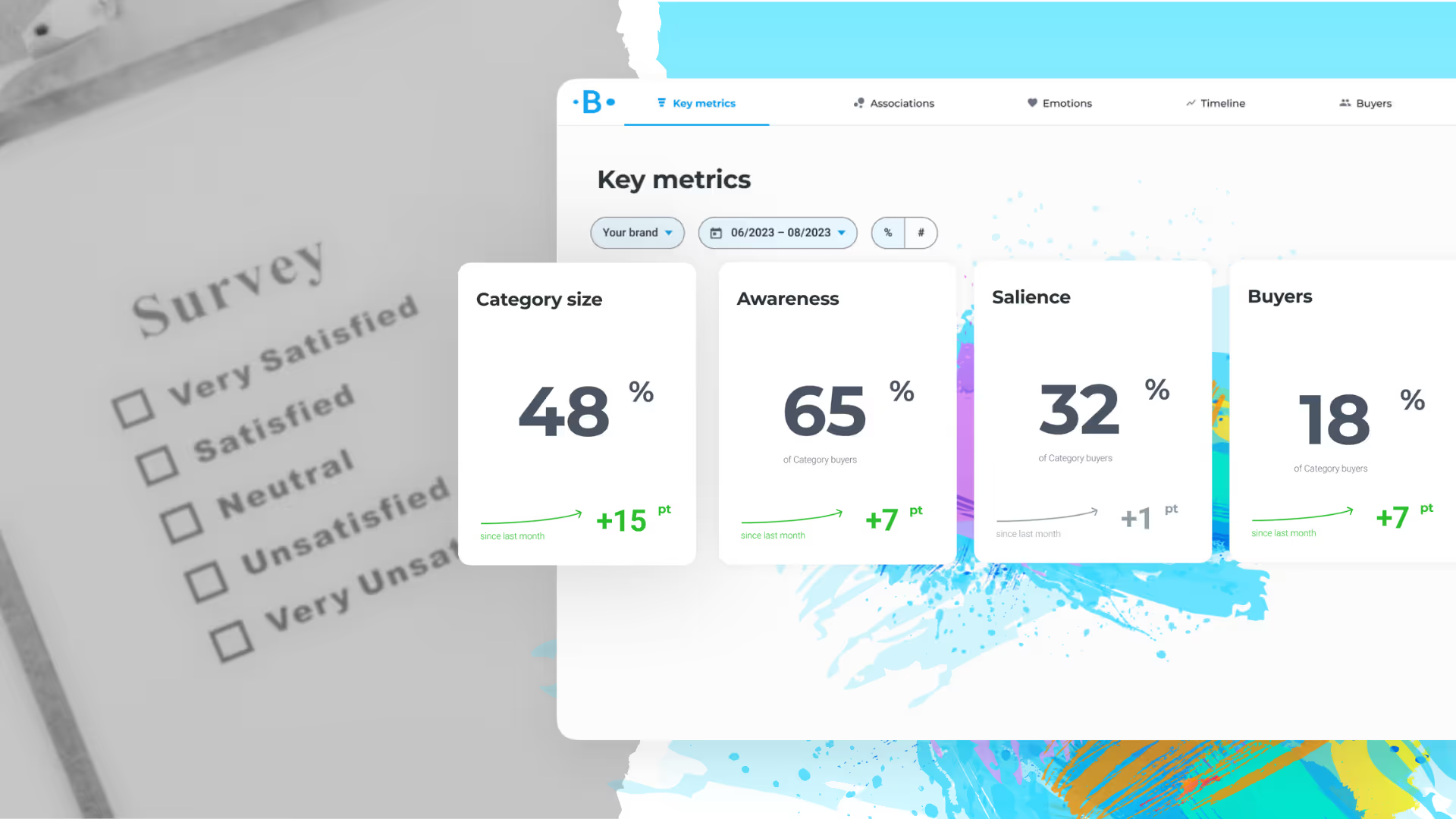The Cinderella story behind Poppi's success
When husband-and-wife team Allison and Stephen Ellsworth appeared on Shark Tank in 2018, they weren't pitching Poppi—they were showcasing "Mother," an apple cider vinegar beverage with gut health benefits. The product found a modest audience among health-conscious consumers, but something wasn't clicking.
Enter Rohan Oza, the branding mastermind behind Vitaminwater, who saw potential beyond the Victorian-era script logo and glass bottles. What followed was what we could call a "Cinderella rebrand" – a complete transformation while keeping the underlying product virtually unchanged.
The makeover was comprehensive and strategic. Mother became Poppi. The old-fashioned script logo transformed into bold, vibrant colors. Glass bottles were replaced with sleek cans. And most crucially, the product description shifted from "apple cider vinegar beverage" to "prebiotic soda".

The results? Sales doubled year over year following the rebrand. In 2023, Poppi recorded over $500 million in annual revenue, with retail sales increasing by an astounding 163% in the year ending January 2025.
How rebranding changed everything (without changing the product)
What makes Poppi's transformation remarkable is that the liquid inside remained essentially the same. The dramatic shift came from four strategic changes:
- Name: From "Mother" (evoking health remedies) to "Poppi" (suggesting fun and effervescence)
- Logo: From Victorian script to bold, modern typography
- Packaging: From glass bottles to colorful cans
- Category: From "apple cider vinegar beverage" to "prebiotic soda"
This strategic pivot transformed both the customer base and use case, shifting from wellness enthusiasts seeking an occasional health remedy to younger consumers embracing a daily soda alternative.
The power of social media in brand building
While the rebrand laid the foundation, Poppi's social media strategy, particularly on TikTok, propelled the brand into the cultural zeitgeist.
When founder Allison Ellsworth posted a casual video about Poppi's gut health benefits on TikTok, they generated $100,000 in sales within just 24 hours. This came from authentic storytelling that connected with younger audiences looking for healthier options without compromising on enjoyment.
The brand continued building momentum through influencer partnerships, celebrity endorsements (including Jennifer Lopez and Billie Eilish), and even a Super Bowl ad.
These efforts continued to position Poppi at the intersection of wellness and popular culture, making healthy choices feel trendy rather than medicinal.
Riding the functional beverage wave
Poppi's rise coincides perfectly with shifting consumer preferences. As PepsiCo CEO Ramon Laguarta noted in announcing the acquisition, "Consumers are looking for convenient and great-tasting options that fit their lifestyles and respond to their growing interest in health and wellness."
This shift away from sugar-heavy sodas toward functional beverages with perceived health benefits represents a significant market opportunity. According to industry reports, the gut health category alone is projected to reach $2 billion in sales by 2029.
Both major beverage companies recognized this trend. While PepsiCo opted to acquire Poppi for nearly $2 billion, Coca-Cola chose to develop its own prebiotic drink line, Simply Pop.
As Duane Stanford, editor of Beverage Digest, aptly put it: "Gut sodas have graduated to the big league."
What marketers can learn from Poppi's success
Poppi's journey offers several valuable lessons for brands in any category:
1. Positioning is everything: The product didn't change, the way it was framed did, dramatically expanding the potential market.
2. Visual identity matters: Bold, distinctive packaging creates instant recognition on crowded shelves.
3. Audience matters more than product: Understanding who you're selling to and why they buy can outweigh what you're selling.
4. Authentic storytelling drives connection: The founder’s personal health journey created an emotional bridge with consumers.
5. Social proof creates momentum: Strategic influencer partnerships build credibility and reach new audiences organically.
The science behind brand perception
Research shows that 95% of purchasing decisions happen at the subconscious level. How people feel about a brand often matters more than what they think rationally.
Traditional market research typically misses these subconscious drivers. Consumers might claim they choose beverages based on taste or nutrition, but their actual purchasing behaviors are heavily influenced by packaging, social context, and emotional associations.

This disconnect between stated preferences and actual behavior highlights the need for research methods that tap into subconscious decision-making patterns.
How to apply these insights to your brand
Poppi's transformation offers clear guidance for your brand strategy:
- Assess whether your current branding aligns with your target audience.
- Consider how reclassifying your product might open new market opportunities.
- Identify the emotional benefits your product provides, beyond functional attributes.
- Test visual identities that resonate with your target consumers.
- Measure the subconscious associations influencing consumer decisions.
Standard research methods often miss these deeper behavioral drivers. At Behavio, our Brand Tracking platform goes beyond what consumers say to reveal what they actually do.
Using behavioral science methods, we measure the subconscious connections that predict purchasing decisions, helping you understand your brand’s true position in the market.
Could your brand be one strategic pivot away from explosive growth? Book a demo to discover how our brand tracking insights can transform your marketing strategy with easy, actionable improvements at a great price.






.avif)










